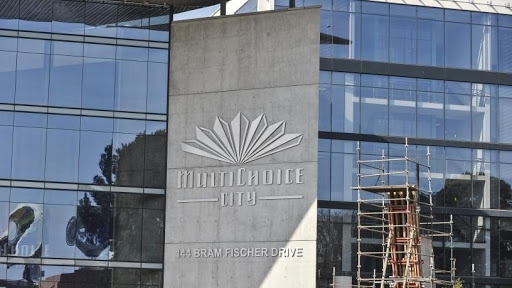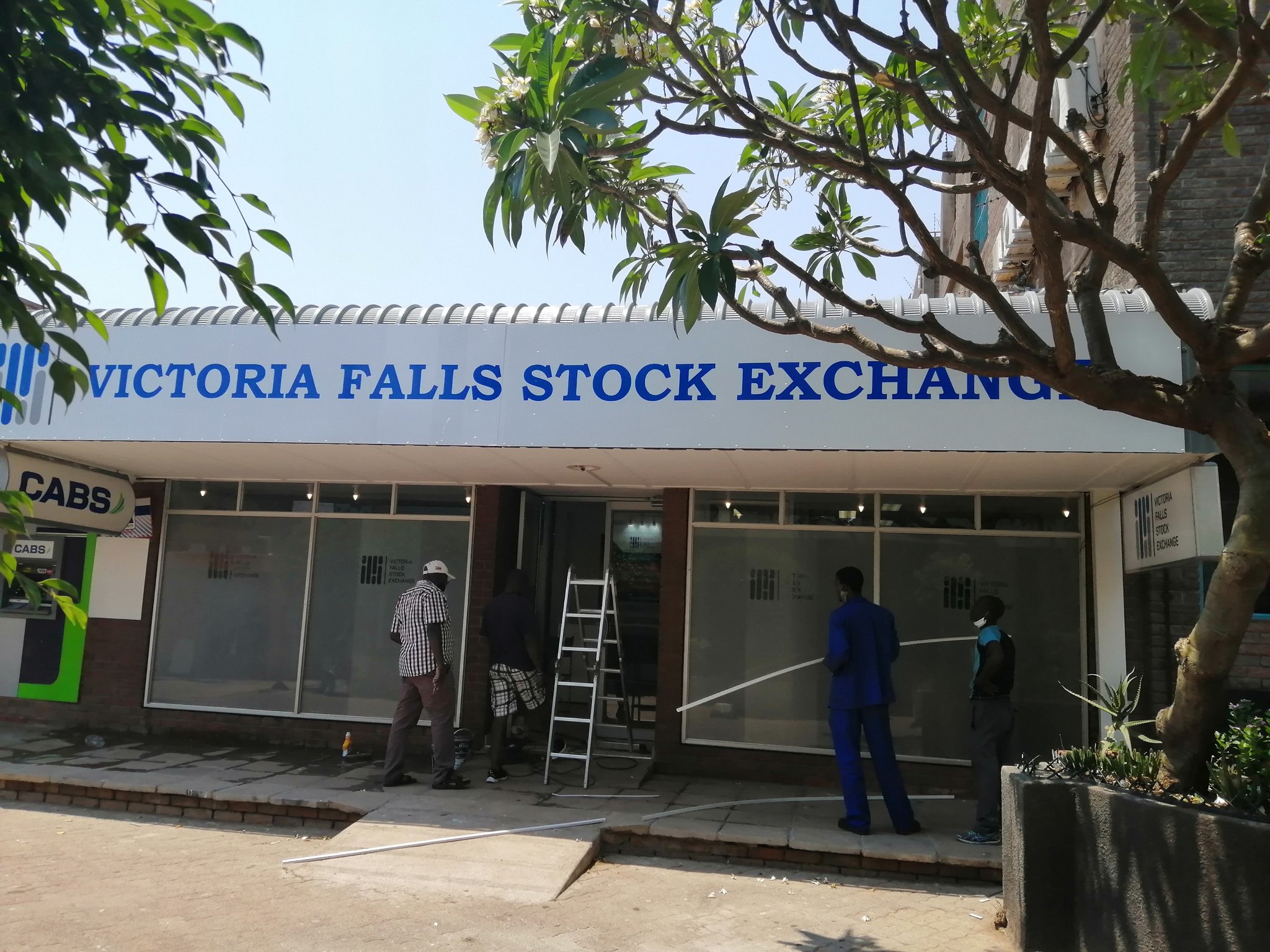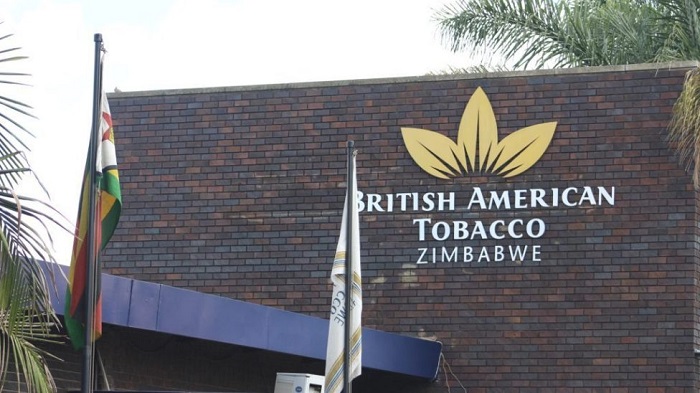Business feels the heat . . . low disposable incomes cripple aggregate demand
THE El-Nino-induced drought continue to impose threats to local businesses resulting in reduced disposable incomes, which has seen people focusing only on buying essential cereals, thereby frustrating demand for other products and services, giant beverages producer, Delta Corporation Limited, has said.
With the onset of rains and projections of normal to above-normal rainfalls in the 2024/25 farming season, hopes are high that Zimbabwe will achieve a bumper harvest, realise food self-sufficiency, trim imports and provide more raw materials for agro-processing industries.
In a statement accompanying the company’s unaudited financial information for the six months ended September 30, 2024, Delta Corporation chairman, Mr Todd Moyo, said aggregate demand and consumer spending have been affected by the lower mineral prices and the reduced agricultural output due to the drought.
Delta Corporation
As a result of drought in the last season, he said the country is relying on imported maize, with the 2024 tobacco output reported to have declined by over 20 percent in volume and value terms.
Mr Moyo said the drought conditions also resulted in low water inflows into Kariba Dam, thereby limiting the amount of water available for the hydro-electric power generation.
“The sorghum beer category is most vulnerable to the impact of the drought due to reduced disposable incomes in rural markets and cost pressures on key cereals such as maize and sorghum,” said Mr Moyo.
“In addition, there were significant disruptions arising from the route to market policies and the inconsistent account management practices by retail and wholesale partners.
“The sector has become more competitive and is under pressure from other alcohol categories such as hard spirits and lager beer.”
Meanwhile, Mr Moyo said the sorghum beer volume in Zimbabwe declined by 11 percent compared to the prior year, primarily due to the cessation of exports, with domestic volume declining by three percent.
He said the lager beer volume grew by nine percent over the prior year for the half-year as demand remained firm and benefited from the consistent supply of brands and packs.
“There were some disruptions to supply arising from increased water and power outages, as well as an unavoidable maintenance shutdown at Belmont Brewery,” he said.
“Our brands remain active in the market, through sponsorships of sport and arts such as the Castle Lager Premier Soccer League, the Castle Tankard, and other brand properties.
THE Premier Soccer League (PSL) has opened voting for the 2023 Castle Lager Premier Soccer League fans’ choice award.
castle lager premier soccer league
“We are focused on driving the category against competition from alternative forms of alcohol, particularly the lower-end spirits.”
He said the Sparkling Beverages volume grew by 10 percent for the half-year, which reflected a recovery in market share and the benefit from delayed implementation of the sugar tax-induced price increases as well as intense marketing campaigns.
The company took the painful decision to absorb part of the sugar tax in the short-term, in anticipation of the much-needed reduction in the tax level.
Mr Moyo said the sector’s competitiveness has been affected by the relatively high sugar tax, leading to an increase in imports of similar offerings from neighbouring countries.
“Pricing distortions in the formal channels have re-emerged, reflecting the exchange rate disparities and the tax concessions granted to some competitors,” he said.
“There are ongoing strategic interventions to support low and zero sugar offerings and availing packs at more accessible price points.” — -chronicle









